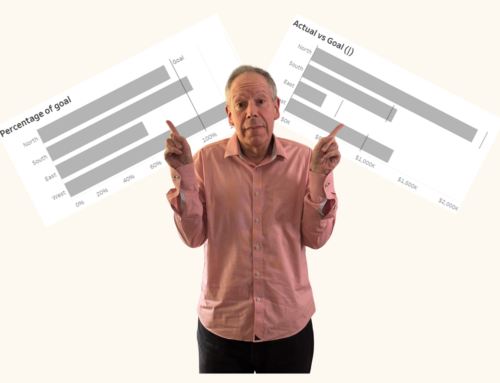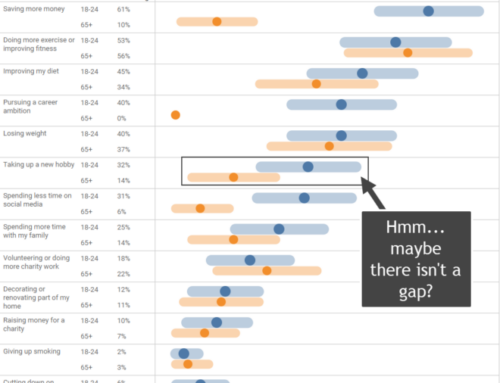Mistakes Were Made (but Not by Me)
Why We Justify Foolish Beliefs, Bad Decisions, and Hurtful Acts
by Carol Tavris and Elliot Aronson
 This book explains so much that I find troubling about the world, from politicians doubling and tripling down when they should know better, to prosecutors refusing to believe DNA evidence, to bullies becoming meaner, to people enduring horrible marriages, and even to the occasional venomous exchanges around Makeover Monday.
This book explains so much that I find troubling about the world, from politicians doubling and tripling down when they should know better, to prosecutors refusing to believe DNA evidence, to bullies becoming meaner, to people enduring horrible marriages, and even to the occasional venomous exchanges around Makeover Monday.
The authors explain why we create fictions and false narratives – and even false memories (just read the vignette about Gore Vidal and Tom Brokaw) — to support bad behavior and bad decisions.
So, how will reading this help you, and the world?The book is very entertaining, eye opening, and, well, painful. It was hard for me to see so many of my own shortcomings laid out as I read about others, but I’m glad I endured. Now that I see the things I do, and particularly my response to criticism, I’m trying to improve.
I want my readers to do the same when others criticize them. Rather than respond with excuses, maybe stop and think “perhaps these people have a point. Would it be better if I acknowledged the mistake, learned from it, and encouraged others to do the same?”
Here are the last words from the book. It’s a quote from Stephen Mitchell’s translation of Tao Te Ching.
A great nation is like a great man:
When he makes a mistake, he realizes it.
Having realized it, he admits it.
Having admitted it, he corrects it.
He considers those that point out his faults
as his most benevolent teachers.
With this in mind, feel free to have at it in the comments section below.
Note: I wish the quote were gender neutral.






